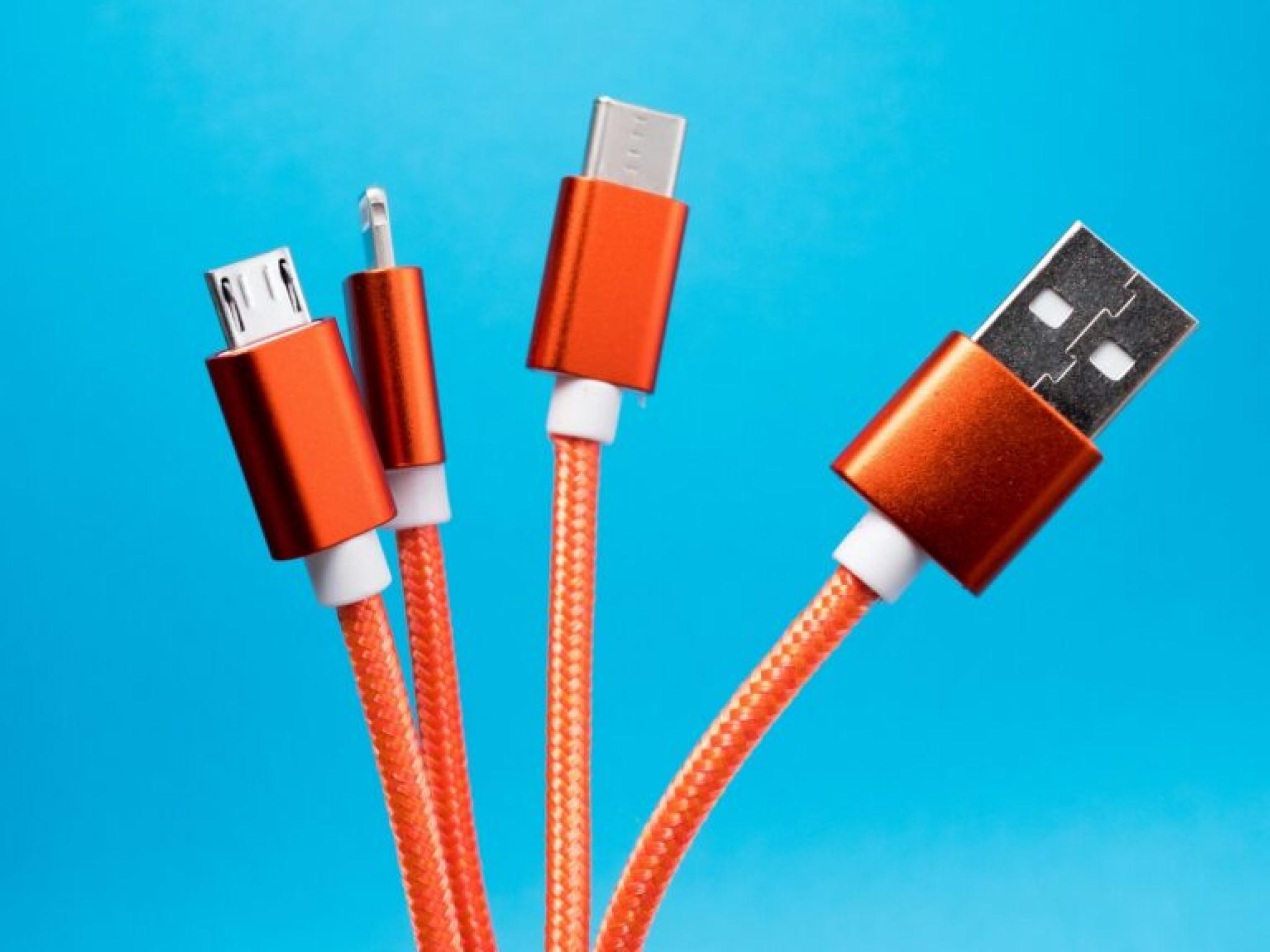
Think twice before grabbing a third-party USB-C charging cable for your iPhone — hackers may be using them as tools to spy on you.
What Happened: Last week, Jon Bruner, a technology expert from Lumafield, shared a chilling discovery on X, formerly Twitter.
Using high-quality CT scans, Bruner revealed how a seemingly ordinary USB-C cable could hide sophisticated electronics, including a Wi-Fi antenna and chips stacked together to act as a tiny computer.
Subscribe to the Benzinga Tech Trends newsletter to get all the latest tech developments delivered to your inbox.
These components, embedded in the cable, are invisible to the naked eye but can carry out malicious activities like keylogging, stealing data, and granting hackers remote access to connected devices.
The cable scanned by Bruner is the O.MG cable, a tool originally developed by researcher Mike Grover for security testing. However, the same technology could be weaponized by hackers or state-sponsored groups, turning everyday accessories into espionage tools.
Why It Matters: The implications of these findings are alarming. While the O.MG cable serves as a controlled demonstration, it highlights how advanced hacking tools have become.
A malicious USB-C cable can charge your iPhone or transfer data as expected, all while secretly spying on you.
With electronics becoming smaller and more powerful, it's impossible to visually identify malicious cables. Hackers can exploit public charging stations, coffee shop outlets, or even low-cost third-party accessories to target unsuspecting users.
The safest approach? Stick to official accessories from trusted manufacturers like Apple Inc., Samsung Electronics Co., or Alphabet Inc.'s Google.
Public charging ports should be avoided whenever possible, and portable battery packs should be your go-to for on-the-go charging.
Check out more of Benzinga's Consumer Tech coverage by following this link.
Read Next:
Disclaimer: This content was partially produced with the help of Benzinga Neuro and was reviewed and published by Benzinga editors.
Photo courtesy: Unsplash







